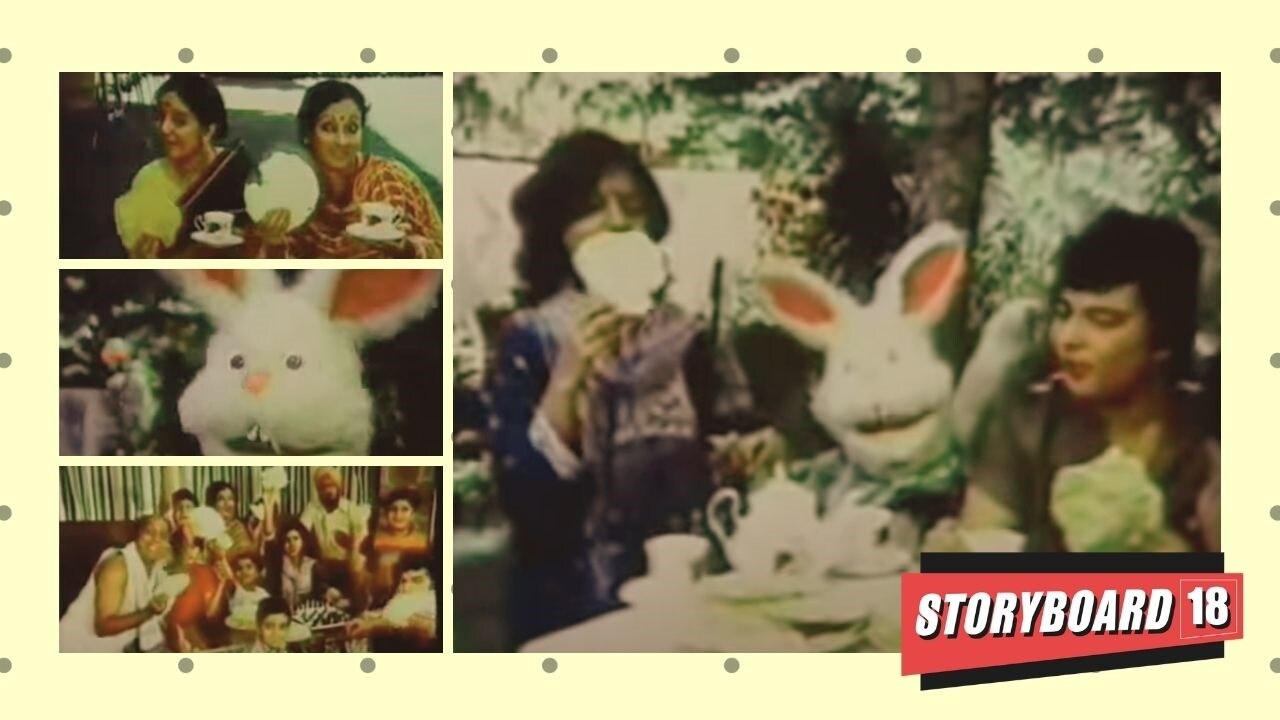Papads or pappadums. Those crispy mouth-watering accompaniments add an extra something to a meal. Crunchy and tasty, they make for great snacks too. Traditionally, papad-making was an annual, laborious task done by households. Papads would be rolled out, sun-dried in courtyards and terraces and then stored for use during the year.
Purchasing packets of papad from shops and local outlets became acceptable in cities like Mumbai, with a faster pace of life, urbanisation and often limited urban space.
The Beginning
Lijjat Papad was the brainchild of a small group of Gujarati women from Mumbai. They wanted to start some business with the cooking skills they had. They borrowed Rs. 80, and went about buying all the ingredients and equipment for their budding venture. The terrace of their building became the first place of production. They launched their business selling the papads to a merchant in Bhuleshwar in Mumbai (an area close to their neighbourhood). The values that the business nurtured from the start were: maintaining the quality of their products, keeping proper accounts and being self-reliant.
Over the years, more women joined this cooperative system, and business continued to flourish. The business growth was mostly through word of mouth and some articles in local newspapers. By early 1960s, the venture got named Shri Mahila Griha Udyog Lijjat Papad. To expand business further, they decided to advertise their product, but within a tight budget.
The Brief
Appi Umrani, a mentor of the ladies, was on the lookout for a good idea for a television commercial. He had seen Ramdas Padhye, a ventriloquist at a show in Mumbai. Padhye also had his own show that aired on Doordarshan which was watched by a large audience. Appi asked Padhye if he would be interested in directing the commercial. He agreed.
Ramdas Padhye was struck by an idea to feature one of his fluffy puppets, a rabbit. Appi was not convinced about a rabbit eating papad, but was reassured when Padhye physically performed with the puppet. The details of the TV commercial were still being worked out, and the rabbit was to be centre-stage. The script was soon written, but when Padhye read it, it lacked pizzazz. After much thought, he decided to include humour and laughter in it. And a new script was born.
Rabbit Puppet in the Limelight
The TV commercial was shot in a house in Mumbai, showing family and friends gathered together. Lijjat Papad was shown being served to them as a snack. The soundtrack at the back played, “Jab jee chahe shauk se khae, karram kurram, kurram karram”. The rabbit puppet joyfully eating papad had the voiceover of Ramdas Padhye. He even came up with “karram kurrum” as a unique sound that could come from a rabbit eating a crisp papad. The TV commercial ended with the rabbit holding the papad and laughing, “Hehehe”.
The unique concept of puppetry, emotional connect of family, and a distinctive soundtrack made Lijjat Papad television commercial unique. The fluffy rabbit puppet found a pride of place on the Lijjat Papad packaging as well.
Lijjat is an example of the role of an irrelevant brand element (the rabbit puppet, in this case) in building a recognizable and meaningful brand.
Lijjat Papad: Success into the future
From a startup venture by seven homemakers turned entrepreneurs, Shri Mahila Griha Udyog Lijjat Papad today is a stunning example of women’s empowerment through the cooperative system. Today it is India’s oldest, all women’s cooperative, employing some 45000 women, providing them with livelihood and work flexibility while managing their own households. The women have expanded the business to offer a variety of papads, as well as other food items such as masalas and khakhras. Their products are also now available beyond India in places such as USA, UK and the Middle East. Smt. Jaswantiben Jamnadas Popat, a founding member of the Lijjat Papad Cooperative, was honoured with Padma Shri in 2021.
For those who grew up watching the Lijjat Papad TV commercial, the image of the rabbit, his cackle, and the soundtrack still are recognisable decades later. Lijjat Papad is now a household name.
Subodh Tagare is an associate professor at IMT Nagpur, where he teaches courses on marketing. Prior to IMT, Subodh was the marketing director at American Power Conversion/ Schneider Electric for South Asia.
S Vejay Anand is presently the chief executive officer at Ironhill Brewery. He has also been an entrepreneur in the food and pet care spaces. Earlier he was the president at Coffee Day and COO at USPL.
